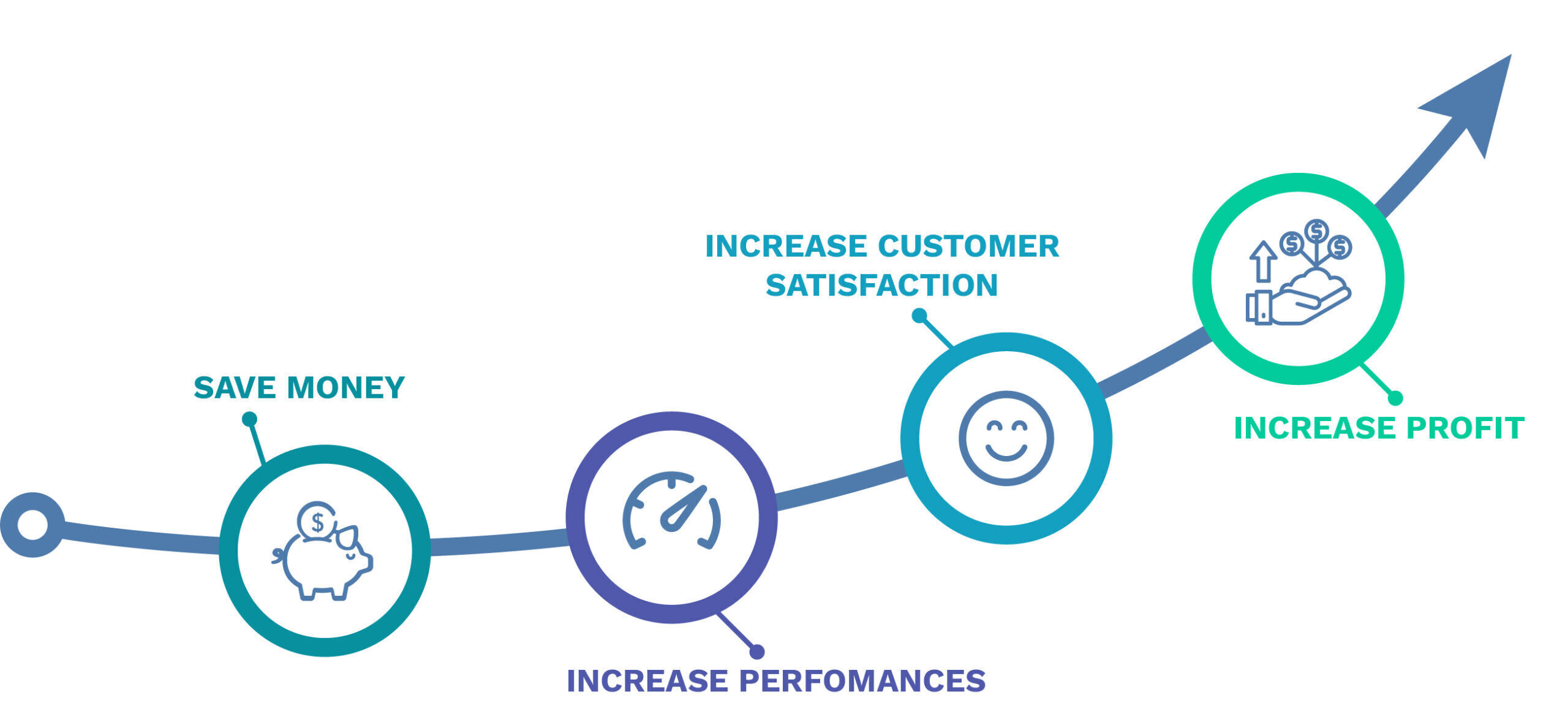ISO CONSULTING
Consulting
Our Services
ISO Consulting solutions from Shiv Consultancy. is considered to be honest and sincere in terms of service delivery, consulting approach, timely project completion and effectiveness of the implementation.

ISO Consulting
Shiv Consultancy specializes in ISO Consulting for Small, Medium size and Large size Business Certification, backed by an efficient group of professionals and experts.
Overview
A quality management system (QMS) is a collection of business processes focused on consistently meeting customer requirements and enhancing their satisfaction. It is aligned with an organization’s purpose and strategic direction. It is expressed as the organizational goals and aspirations, policies, processes, documented information and resources needed to implement and maintain it. Early quality management systems emphasized predictable outcomes of an industrial product production line, using simple statistics and random sampling. By the 20th century, labor inputs were typically the most costly inputs in most industrialized societies, so focus shifted to team cooperation and dynamics, especially the early signaling of problems via a continual improvement cycle. In the 21st century, QMS has tended to converge with sustainability and transparency initiatives, as both investor and customer satisfaction and perceived quality is increasingly tied to these factors. Of QMS regimes, the ISO 9000 family of standards is probably the most widely implemented worldwide – the ISO 19011 audit regime applies to both, and deals with quality and sustainability and their integration.
Quality Management System
An organisation will benefit from establishing an effective quality management system (QMS). The
cornerstone of a quality organisation is the concept of the customer and supplier working together for their
mutual benefit.
A fully documented QMS will ensure that two important requirements are met:
• The customers’ requirements – confidence in the ability of the organisation to deliver the desired
product and service consistently meeting their needs and expectations.
• The organisation’s requirements – both internally and externally, and at an optimum cost with efficient
use of the available resources – materials, human, technology and information.
These requirements can only be truly met if objective evidence is provided, in the form of information and
data, to support the system activities, from the ultimate supplier to the ultimate customer.
Watch Now
System is money
A QMS enables an organisation to achieve the goals and objectives set out in its policy and strategy. It provides consistency and satisfaction in terms of methods, materials, equipment, etc, and interacts with all activities of the organisation, beginning with the identification of customer requirements and ending with their satisfaction, at every transaction interface.
Management systems are needed in all areas of activity, whether large or small businesses, manufacturing, service or public sector. A good QMS will:
• Set direction and meet customers’ expectations
• Improve process control
• Reduce wastage
• Lower costs
• Increase market share
• Facilitate training
• Involve staff
• Raise morale







